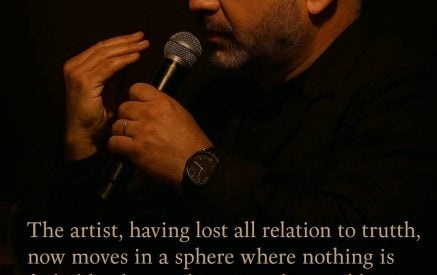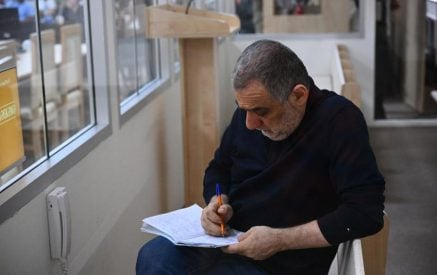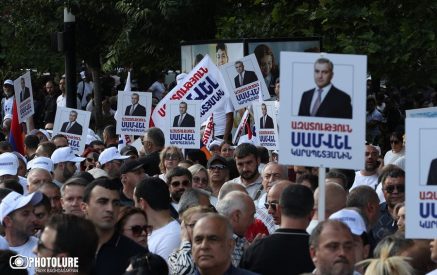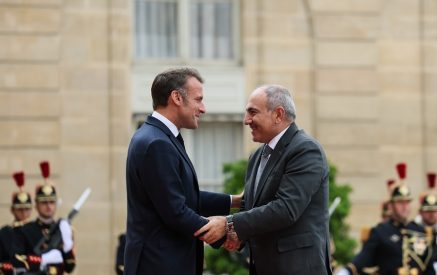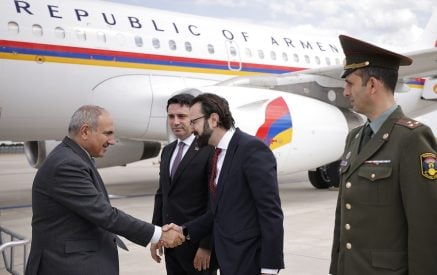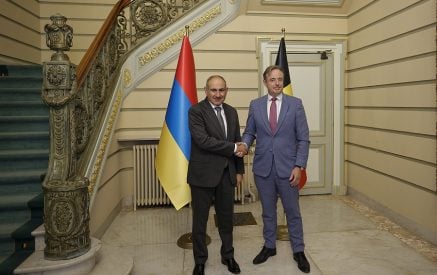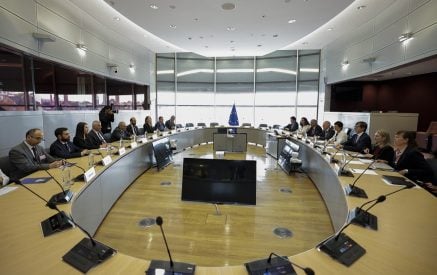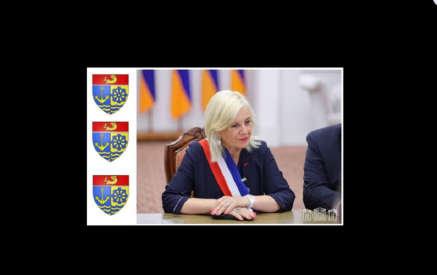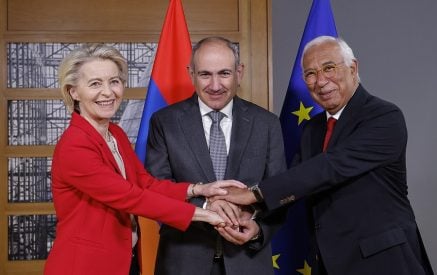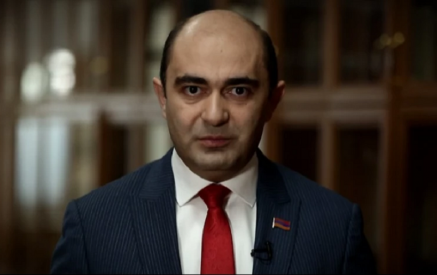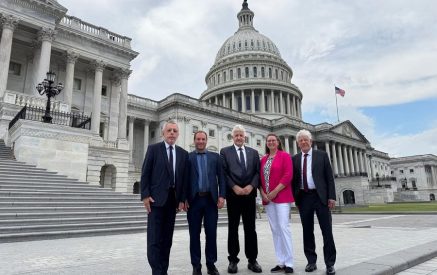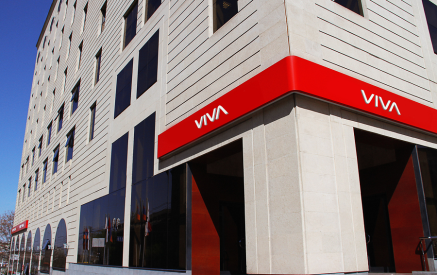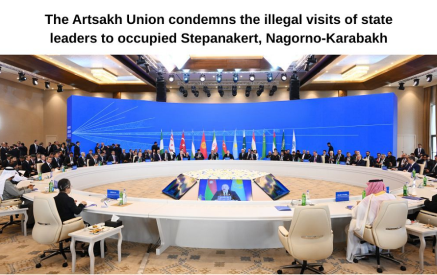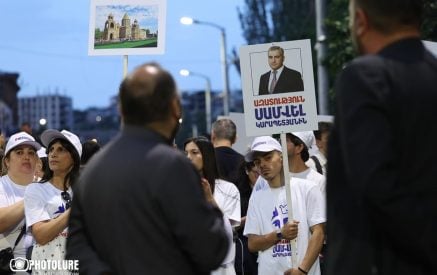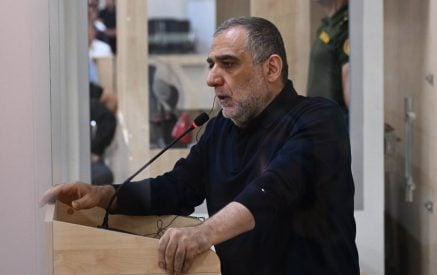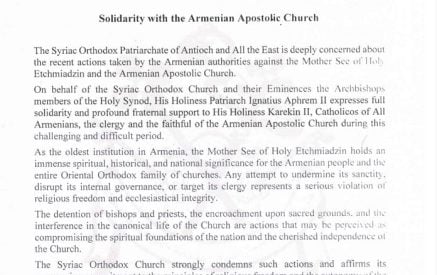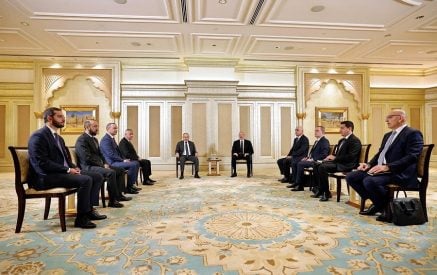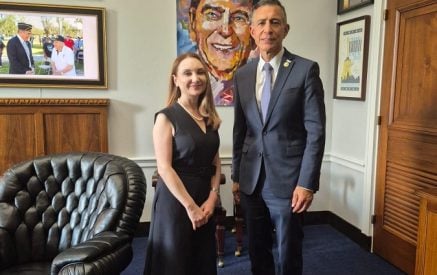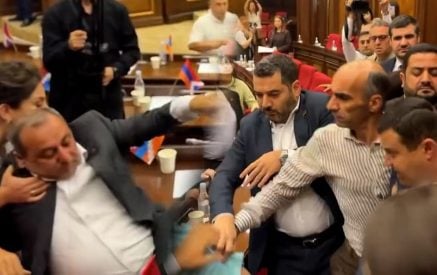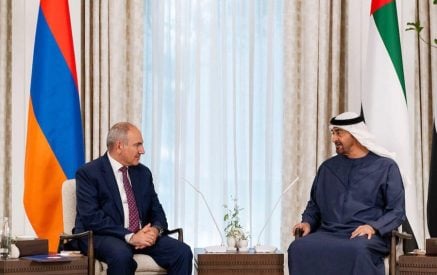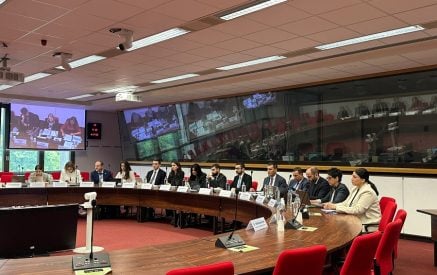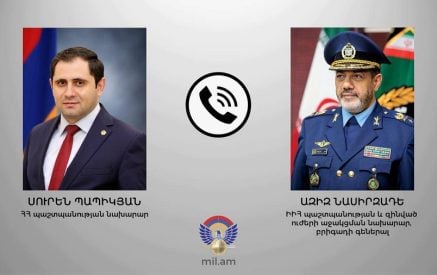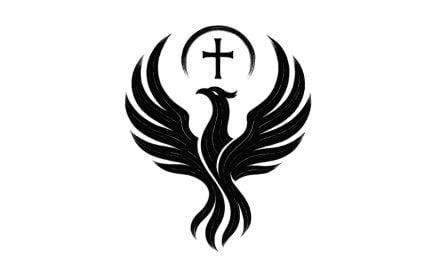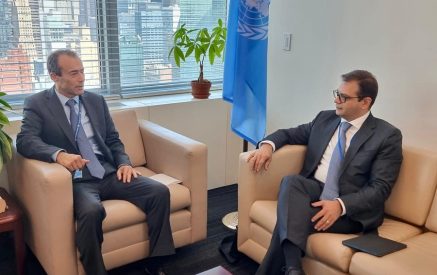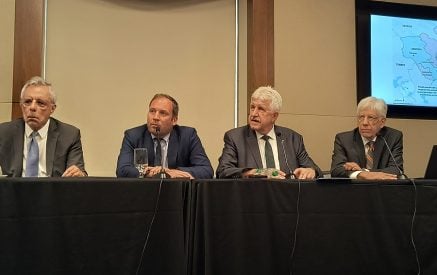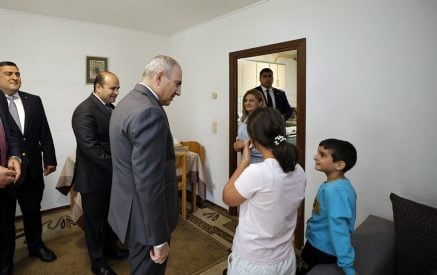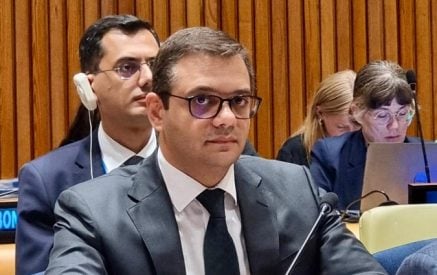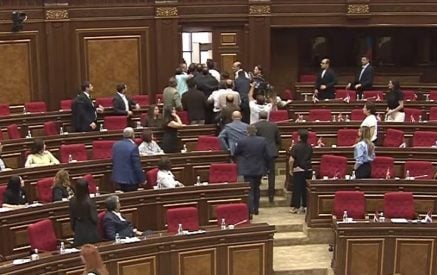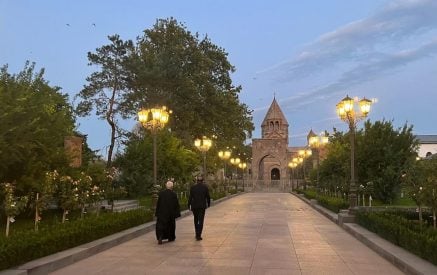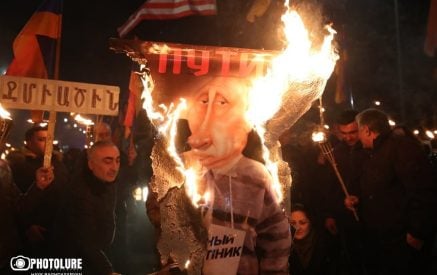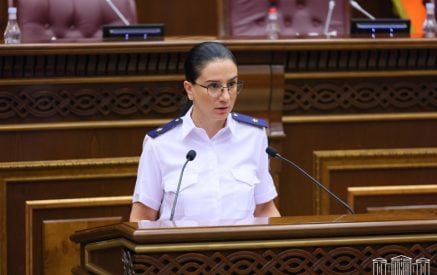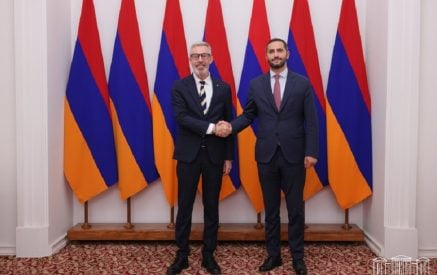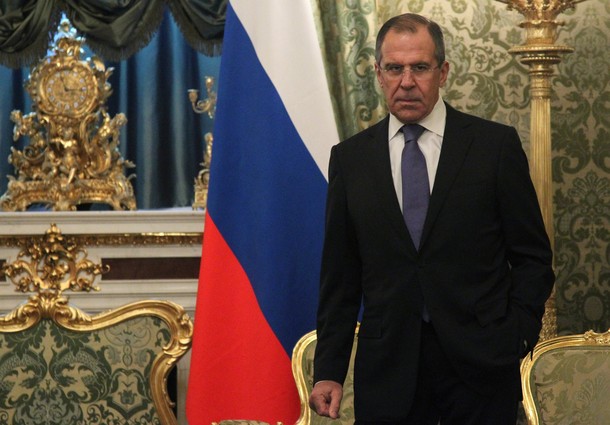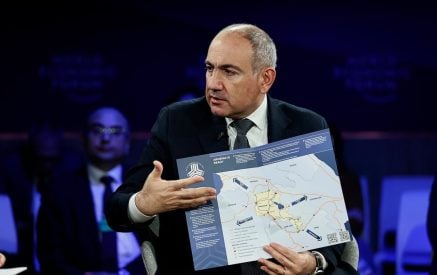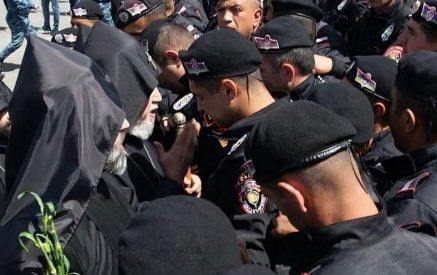The visit of the OSCE Minsk Group co-chairs to the region has commenced. An agreement on this visit was reached during the meeting between the Foreign Ministers of Armenia and Azerbaijan in the Polish city of Krakow on May 17. This visit, in general, as well as the meeting between the Foreign Ministers, was marked by the fact that Baku had started a process before it that had dealt a serious blow to the negotiation process. As it is known, the Occupied Territories of the Republic of Azerbaijan bill was proposed in the Azeri parliament. No matter how much this step of Baku is described as populist and electoral, it is a fact that, being the main hampering party to the negotiation process, the Azeri government has no scruples about making its stance stiffer. However, Moscow’s current attitude toward the Nagorno-Karabakh conflict settlement is more interesting. During a joint press conference with Elmar Mamedyarov, the Minister of Foreign Affairs of Azerbaijan who was in Moscow, Sergei Lavrov, the Minister of Foreign Affairs of Russia, asserting that the Russian Federation would further contribute to seeking mutually acceptable solutions, stated that he was sure that it would be better, if one tried to reach a compromise, considering the parties’ interests. Then Lavrov stated that the status quo in the Nagorno-Karabakh conflict settlement was unacceptable for both the Russian side and the two conflicting parties. “The status quo is unacceptable for Russia, since they are our neighbors, our friends, and peace and stability in the Caucasus is one of Russia’s foreign policy priorities. The status quo means that the issue of the Azeri territories’ return hasn’t been solved; it also means Armenia’s economic blockade.” Based on what the Russian Foreign Minister assured that the status quo was unacceptable for the sides he didn’t clarify. Journalists, experts, and politicians following the conflict settlement process for many years have always asserted that the parties didn’t really want to change the status quo, even Azerbaijan that stands out for its aggressive rhetoric and strong statements. And that the Russian Federation deems the status quo unacceptable is quite an unexpected assertion. Moscow has always been considered to be the mediator that was the least interested in the Karabakh conflict resolution, as opposed to the Western countries that linked this issue’s resolution with new opportunities of cooperation in the region, opening borders between Armenia and its neighbors. Now a question arises when the status quo became unacceptable for Moscow. Is this a result of the Kremlin’s revised position (if yes, the Russian Federation will have good reasons for that and expectations), or is this another hint that can be considered as pressure mostly on the Armenian side? Certainly, the Russian officials have never stated that they were for maintaining the status quo, but it will be an exaggeration to think of Moscow as the strongest proponent of the Nagorno-Karabakh conflict settlement. The next interesting point is that during the joint press conference with his Azeri counterpart, the Russian Foreign Minister asserted that “the status quo means that the issue of the Azeri territories’ return hasn’t been solved; it also means Armenia’s economic blockade.” As the other co-chair states, the US and France, which have asserted through many replaced co-chairs, foreign ministers and presidents that they “recognize the territorial integrity of Azerbaijan,” the Russian officials have also asserted that. However, it is interesting that in the past one year or so when the international community seemed to take a more negative approach to Baku’s attitude, from extradition and heroization of murderer Safarov, to the authoritarian nature of the regime that is in power in that country, and it seemed that the international community acknowledged the Armenian side’s advantages, the Russian Foreign Minister suddenly reminds, certainly not by chance, about “the Azeri territories’ return.” As opposition or an alternative to the Association Agreement between Armenia and the EU, which provided for a whole new level of relations with the EU, the issue of Armenia’s membership in the Customs Union was raised as early as a few month ago. For all that opinions were expressed about their incomparability, not to mention their not being equal documents to make a choice between them, as it turns out, Moscow starts to make the issue of “choice” more visible. And the Kremlin can certainly do that regarding absolutely different issues with broad and plain hints, for example, by making statements on the Nagorno-Karabakh conflict settlement that are unpleasant to the Armenian side or by changing the gas prices.
EMMA GABRIELYAN



